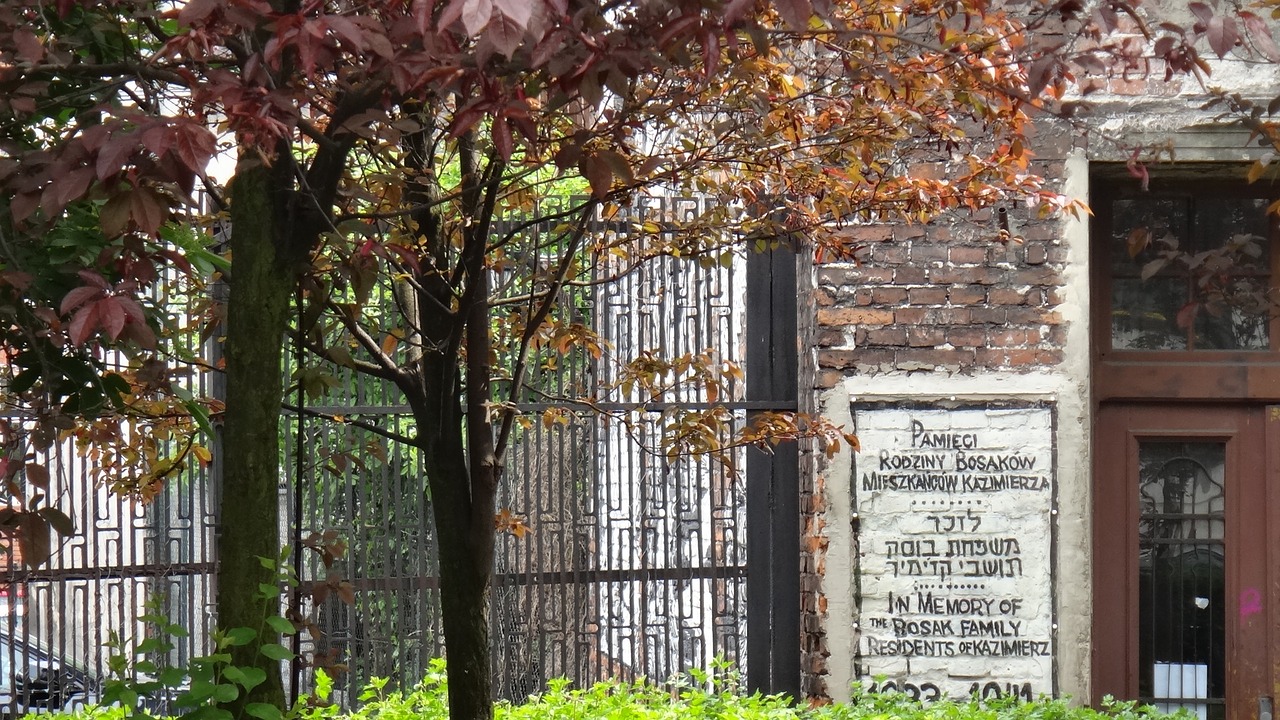A discussion about restitution has been under way in various circles for the past several months. Amid the flood of information, we very often forget to ask ourselves a basic question – namely, just what is restitution?
In the most general terms, restitution is the process whereby property seized (nationalized, expropriated) by the state is returned to its former owners or their heirs.
In order to grasp the scale of the problem in Poland, we need to realize that after World War II the Communist government nationalized practically the entire economy, except for farms up to 50 ha (up to 100 ha in certain regions).

Although the country fully regained its independence back in 1989, the Polish government has not yet regulated the issue of restitution. This legislative void has enabled people who exploited loopholes in Polish law to commit various abuses. Many heirs of persons entitled to recover their property or receive compensation for it decided to sell their claims practically for a pittance.
At this point it should be emphasized that not all property returns or compensation pay-outs were based on abuses of the system (so-called “wild restitution”) – that would be an inaccurate generalization. Former owners or their heirs have succeeded, after enduring long-lasting administrative and/or court procedures, in regaining property that was nationalized by the Communist authorities without any legal basis or in gross violation of the law.
First attempts at regulation
If the government had decided to regulate this complex, knotty issue in the years soon after Poland regained its sovereignty in 1989, the abuses mentioned above most likely would have never occurred. Over the past 29 years only two serious attempts to regulate restitution have been made: the first was at the start of the 21st century, when President Aleksander Kwaśniewski vetoed a restitution law that had been passed by parliament. The second attempt was made in October 2017, when the Ministry of Justice submitted a bill known as the big restitution law, which was sent back for further work due to serious criticisms of the solutions it contained (we write at greater length about it here).
The draft big restitution law would have enacted percentage limitations on compensation awards – from 20% to 25% of the claimed property’s value, depending on whether the claimant chose to receive the compensation in cash or Treasury Bonds. The most important aspects of the draft law were ending the practices of returning property in rem and of paying full compensation for the value of property, as well as substantially expediting and streamlining the claim satisfaction process by replacing long-lasting administrative or court-administrative procedures followed by civil procedures with a single proceeding before the relevant provincial governor (wojewoda).
However, due to the suspension of work on the law, the government has returned to point zero, which is unfavorable not only for claimants, but also for the Polish state.

